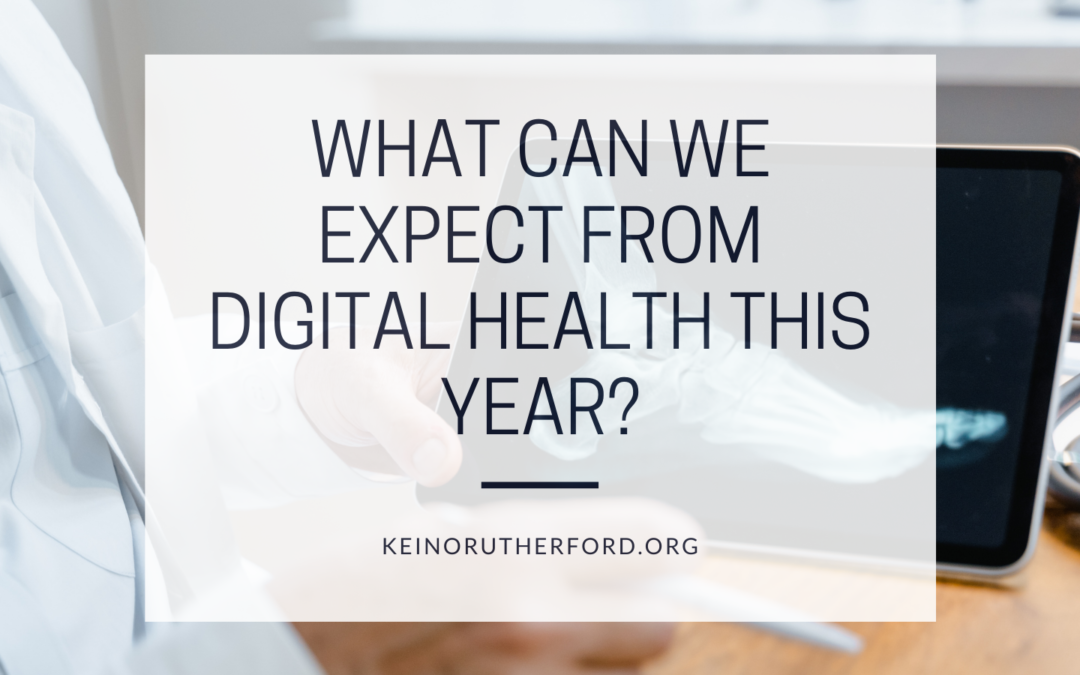The digital health transformation has gained tremendous positive progress, and we expect it to gain more momentum this year. Both patients and healthcare providers are looking for better and new methods to improve the care. Moreover, the emergence of COVID-19 created many challenges in the healthcare sector, prompting the need to improve digital health services. The following are trends we should expect in digital healthcare this year.
Big Data and AI
Artificial intelligence is widely used in various ways, including in healthcare devices and household devices. However, the application of AI in the healthcare sector has many challenges. This includes the patient’s support in applying AI-based devices and ethical usage of these technologies.
We expect to witness exponential growth in the application of Big Data and AI in healthcare apps, as many firms have heavily invested in addressing these challenges.
Application of Telemedicine in Treatment of Chronic Conditions
The emergence of the coronavirus changed our perception of healthcare interactions, as virtual visits increased almost 40 times. Although most of these interactions dealt with acute care, telemedicine will need to engage patients more frequently, particularly those with certain chronic conditions, to achieve its full potential.
We expect investors and entrepreneurs to expand telemedicine into chronic care spaces such as cardiology. Telehealth offers a cost-effective and convenient way of diagnosing and treating cardiovascular diseases. For example, the application of telehealth will enable patients living in remote locations to access cardiologists and receive treatment without unnecessary travel.
Incorporation of Cloud Technology
Cloud technology will also play an essential role in improving the digital health sector. As it addresses privacy-related issues, the cloud computing concept enables the healthcare sector to keep and access patients’ data better. This will facilitate healthcare providers to make well-informed decisions based on the real-time and cloud-powered data linked to a patient’s health.
Interoperability
Although the emergence of COVID-19 brought many challenges in the health sector, it has opened many innovation doors. One of the essential approaches in this pandemic era is interoperability. This approach is linked to the seamless data exchange between different software systems. We expect the concept to strengthen digital health significantly.
The above trends are expected to improve digital healthcare by promoting innovation. Moreover, we expect these trends to yield fruits worldwide, particularly in the healthcare sector.

